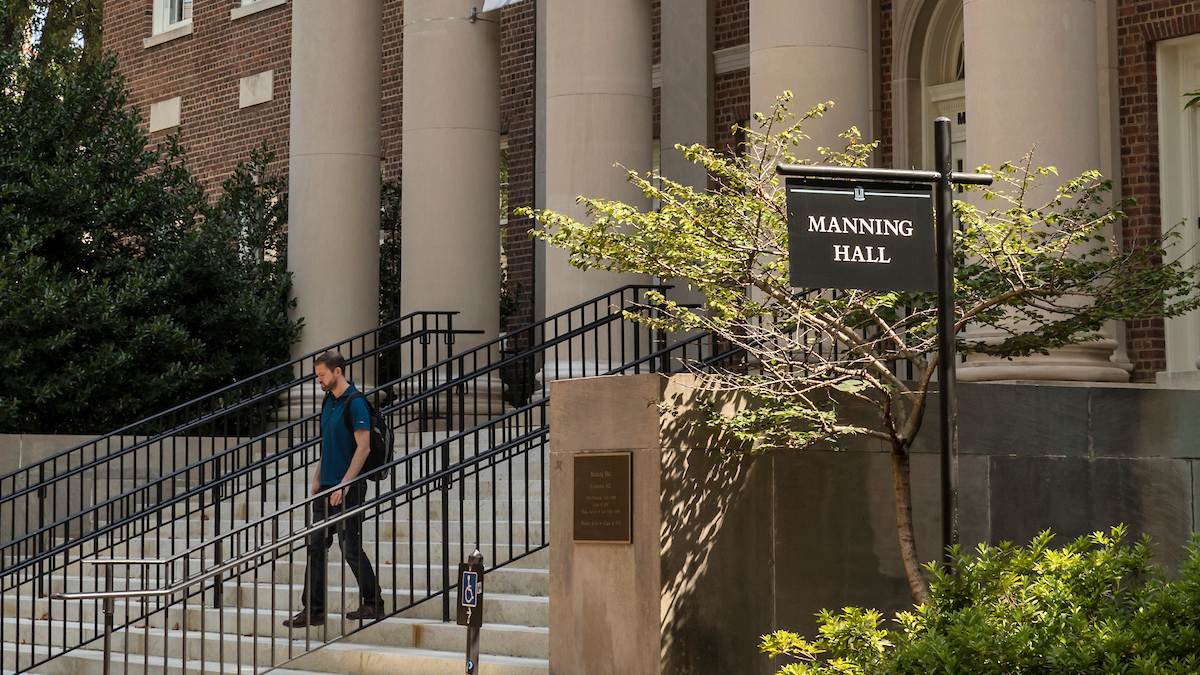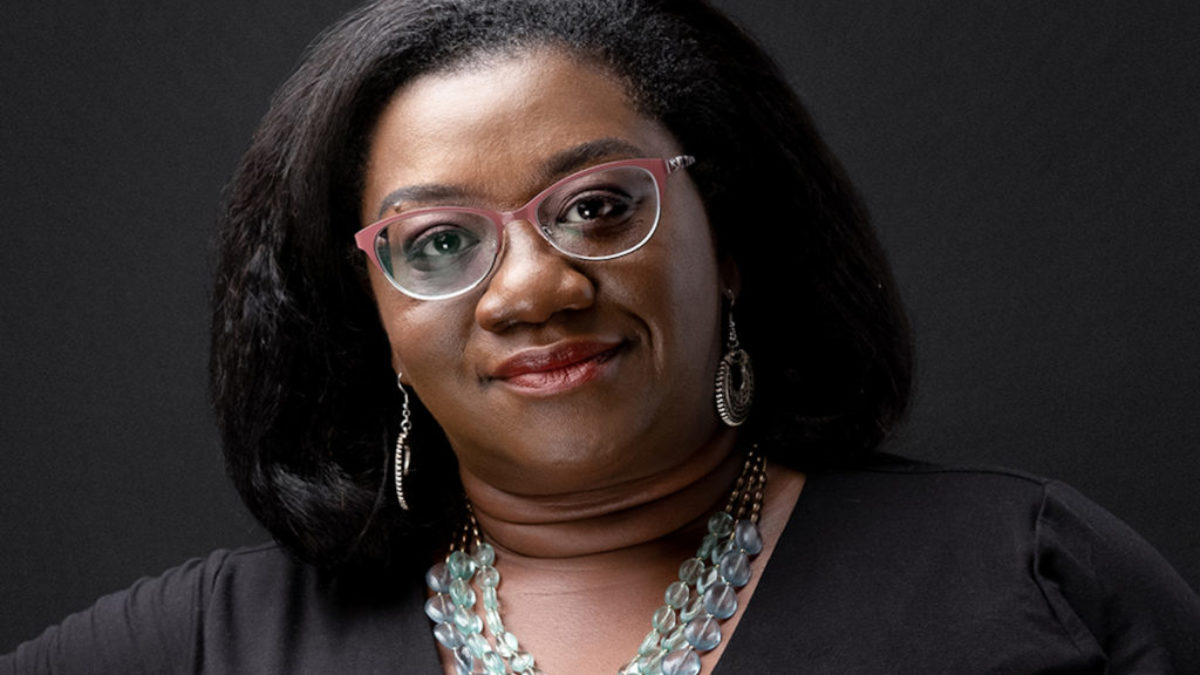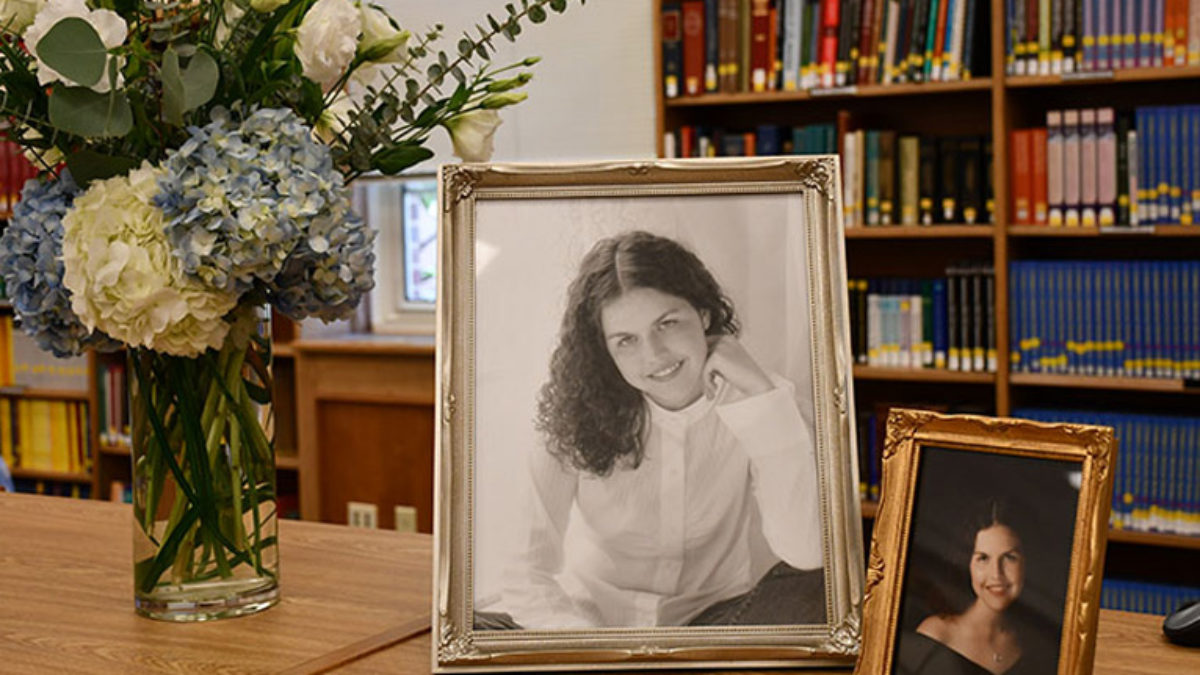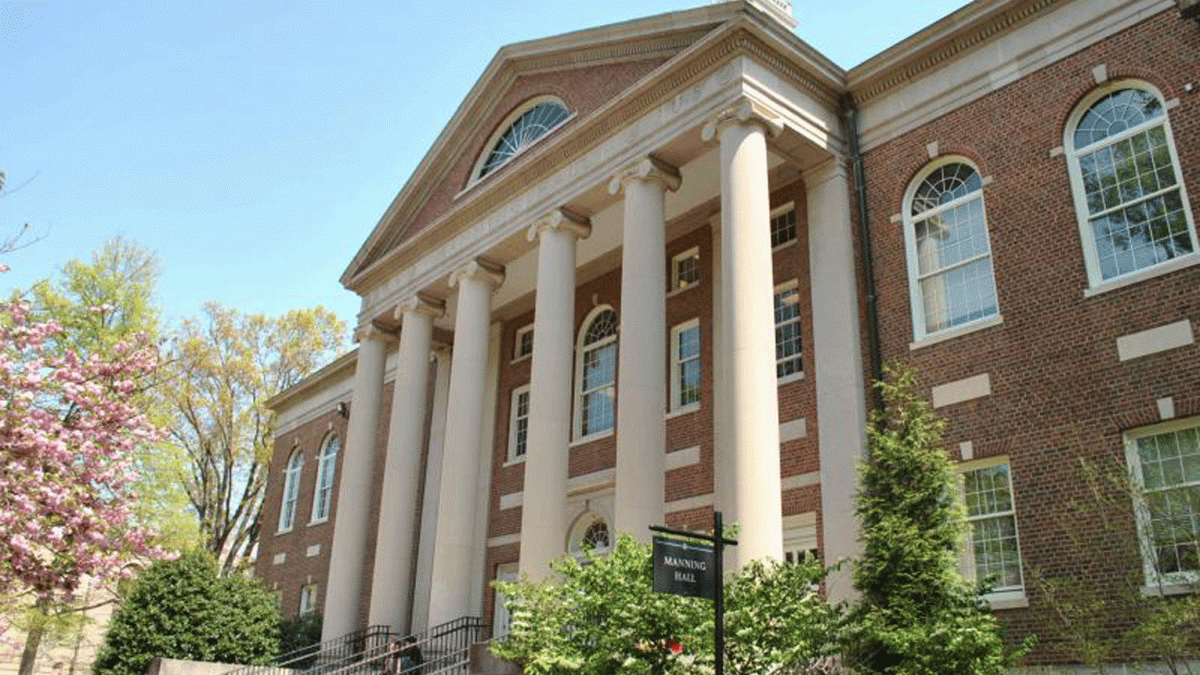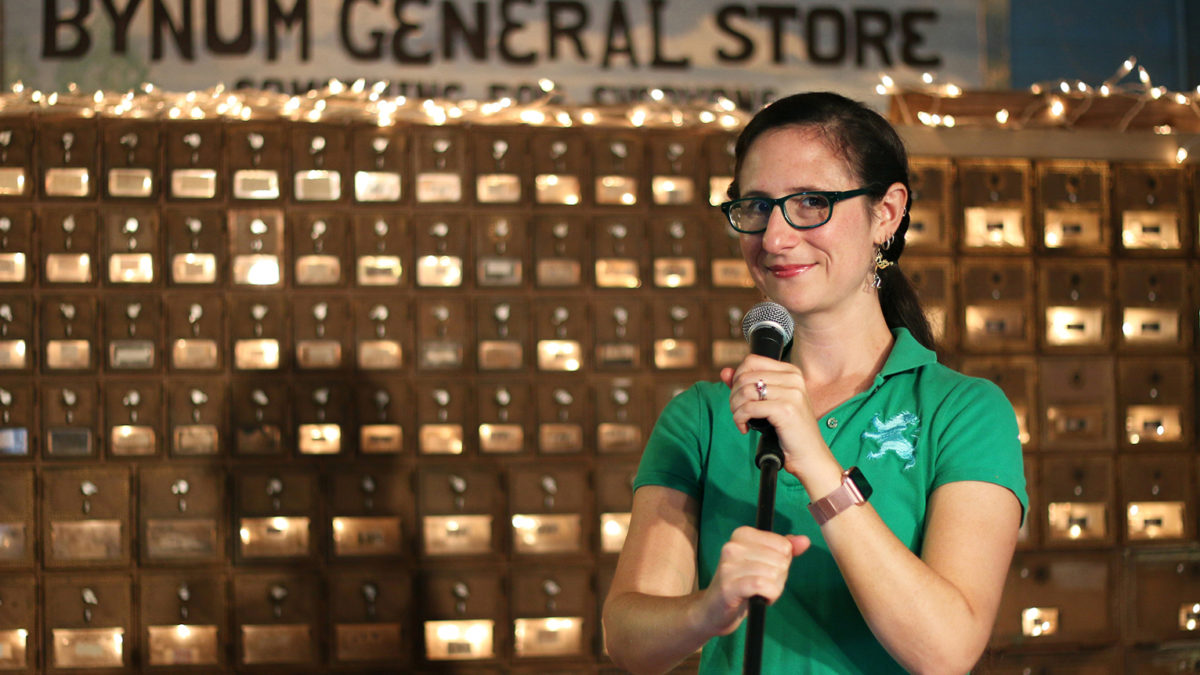Talking Digital with Helen Tibbo
Published on September 7, 2022Alumni Distinguished Professor Helen Tibbo discusses her career, research and teaching
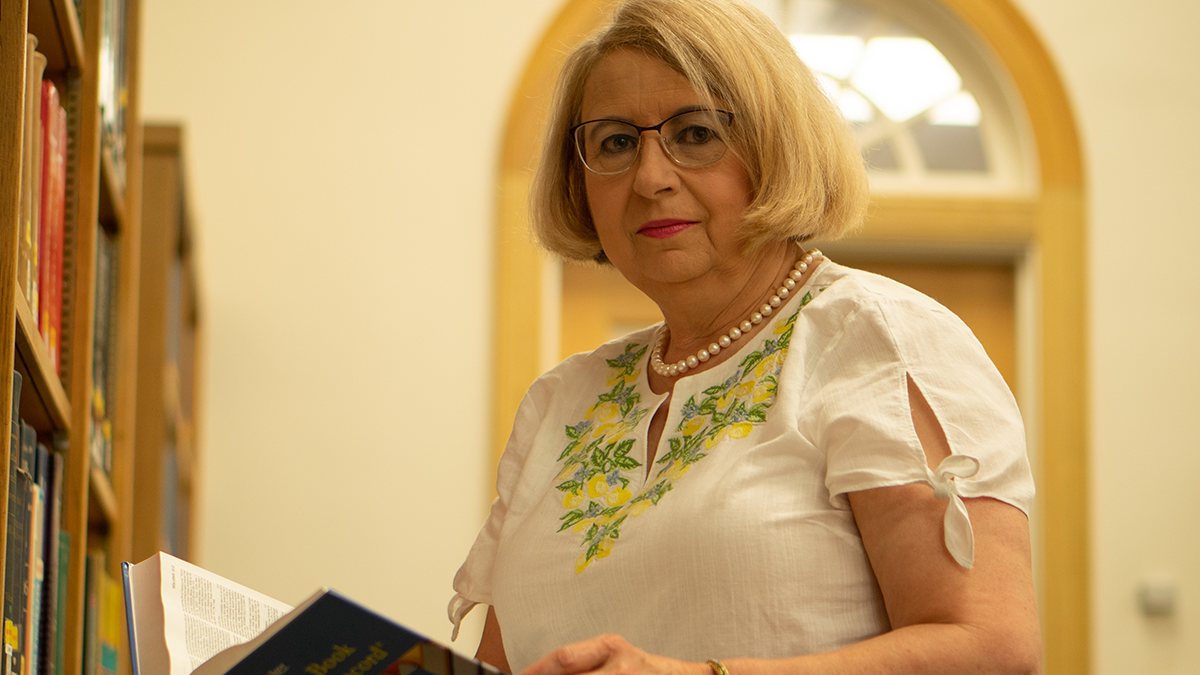
Alumni Distinguished Professor Helen Tibbo discusses her career, research and teaching
Helen Tibbo, PhD, is passionate about evolving information and library science to match the digital age. As director of the master’s program in digital curation and management at the UNC School of Information and Library Science (SILS),Tibbo teaches students to be responsible stewards of digital content. The master’s program focuses on handling digital content, and takes advantage of technology by providing a completely online and asynchronous experience.
With Carolina’s new School of Data Science and Society launching in fall 2022, Tibbo emphasized that her courses focus on curation and management of digital content as opposed to analyzing data.
“Much more of the School of Data Science and Society is going to focus on the analytics of data,” she explained. “Data comes from somewhere, and then you need to make sense of it. What we are teaching people at SILS — whether you work with numeric data or not — is how to keep digital content for the long term.”
Tibbo emphasized the volatility of digital content and the need to preserve and organize it so it will last.
“How do you ensure that data format is still viable 10, 20 years from now? Back in 1990 they said CD-ROMs would last for a hundred years. Well, not so much, right!”
These ideas around curating, organizing and preserving content are applicable to almost everything, not just academic archives. Think about the ever-growing camera roll on your phone, or the long list of documents sitting in your downloads folder. Is it time to go through, organize and curate your own personal digital content?
“Everybody has digital content and we all need to be able to know what we have, keep the good stuff and get rid of the other stuff,” Tibbo advised.
Tibbo’s role as a pioneer of digital curation began early in her career in information and library sciences, and she always wanted to be a professor. “I told my mother I wanted to be a professor when I was 10 years old.”
She graduated with a bachelor’s degree in English from Bridgewater State College in Massachusetts and then taught seventh and eighth grade English for five years. After tax cuts led to decreased funding for the school system, Tibbo went back to graduate school, attending the master of library science program at Indiana University. After graduating, she questioned if continuing with library science was the path for her.
“I didn’t really think I wanted to be a librarian particularly,” Tibbo said.
While taking history courses in the University of Maryland’s American studies program, Tibbo worked with archived historical documents, which sparked her interest in applying to the College of Library and Information Science there.
“I could really see a role in information and library sciences,” Tibbo said. “You are either working on the side of producing the content and indexing, abstracting, cataloging, so that somebody else can find it, or you’re helping them search for it. Somehow in that process, I became enamored with the whole archive world, where instead of having published sources, like you see in a library, you have unpublished sources that are unique.” Tibbo’s dissertation at the University of Maryland focused on abstracting — writing short summaries — of historical documents.
Tibbo came to Carolina in 1989, just as digital content began trickling into archives. “Most archivists didn’t know what to do with digital content,” Tibbo recalled. “They weren’t trained that way. Many of them had come from history programs, where our training used to be located. Students all wanted to touch the paper.”
Tibbo dates the field of digital curation to around 1996, and she has been working on educating archivists to work with digital material, as well as paper materials, ever since. In 2005, Tibbo received a grant from the Institute of Museum and Library Services (IMLS) to put together a digital curation curriculum, DigCCurr, an openly accessible graduate-level curriculum to prepare students to work in the field of digital curation.
That curriculum led to Tibbo’s work in creating the professional science master’s (PSM) degree in digital curation and management at UNC-Chapel Hill. The existence of a degree focused on the digital aligned with new trends in the student population: Today, students are prepared and excited to work with digital content and information.
“For years we had to pull the students toward the digital, because it just doesn’t have the romance of, say, an 800-year-old book,” Tibbo said. “About five years ago, we really saw that reverse, with more people understanding that it’s not just all about paper.”
Now, Tibbo is the Alumni Distinguished Professor at the SILS, a position she has held since July 2010.
She emphasized that distinguished professorships help professors feel recognized for the work they’ve done throughout their career. “I think it’s really important not just to reward faculty, but to attract new people to teach at the school as well.”
“The skills that students learn at SILS apply anywhere because there’s information that needs to be managed everywhere,” Tibbo concludes.
